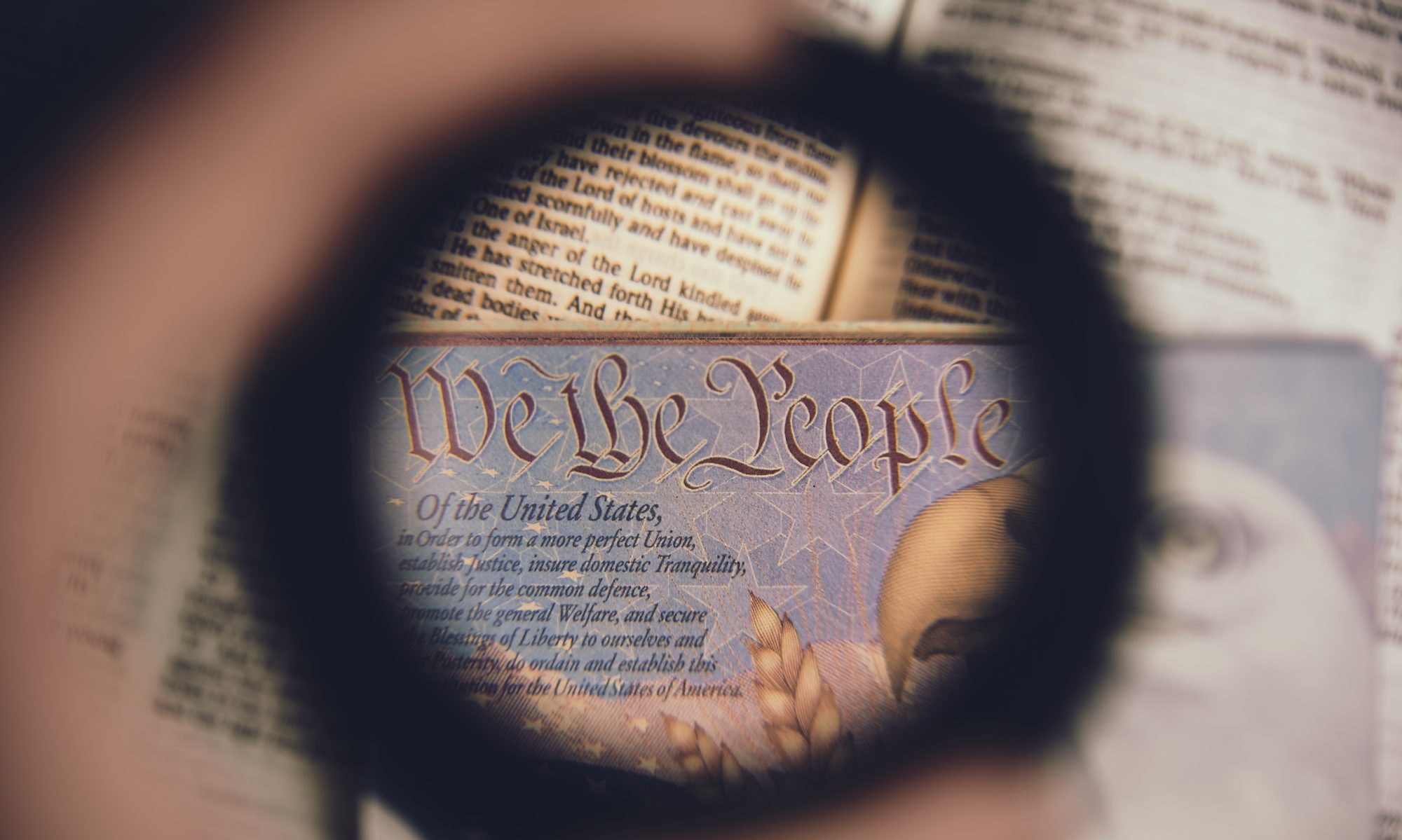Popular commentary is suddenly awash with articles claiming that impeachment (and conviction and removal from office) do not require proof of a crime.
Examples include Ezra Klein at Vox (“High Crimes and Misdemeanors,” explained), Elizabeth Drew in USA Today (You don’t have to break a law to be impeached. Trump’s defenders need a better argument) and Frank Bowman in The Atlantic (The Common Misconception About ‘High Crimes and Misdemeanors’). What’s notable from an originalist perspective is how originalist these articles are.
Drew, for example, writes that “the Founders left enough guidance to make it clear that an impeachable or convictable offense need not be a crime.” Professor Bowman (Missouri), after nine paragraphs on pre-drafting English history (going back to 1376) and the drafting and ratifying debates, concludes that “one point on which the founding generation would have been clear was that ‘high Crimes and Misdemeanors’ was not restricted to indictable crimes.” Klein reviews the drafting debates and concludes that “‘misdemeanors’ did not mean then what it means now” and that “Abuse of power may not be a crime. But it is absolutely a high crime and misdemeanor.”
My point here is not whether these assertions are right or wrong (I find them persuasive, at least without contrary evidence). The point is that they rely heavily on conclusions about founding-era meaning to displace what they concede to be a possible contemporary meaning. And they are very sure about their conclusions (Drew says it’s “clear”, Bowman says it’s “beyond serious dispute”, Klein is “absolutely” sure of his answer).
I believe that historical meanings of constitutional phrases can often be understood today with enough confidence to resolve modern controversies. But even I might be a little more circumspect in claiming to have identified definitive historical meaning.
Critics of originalism have gone much further, arguing first that trying to find definite meaning in an ancient document like the Constitution is a misguided historical endeavor, and second that giving binding force to that meaning is a radical and misguided view of how our law does and should operate. On the first point, professional historians in particular have criticized the academic foundations of the originalist enterprise as ahistorical. Shouldn’t these critics now argue that claiming a definite and binding historical meaning of “high Crimes and Misdemeanors” is misguided and unattainable?
As I’ve written before in connection with the emoluments litigation, I think the popular reach for originalist arguments in these circumstances refutes the most foundational critiques of originalism: it’s neither radical nor unworkable to look to founding-era meaning to resolve modern disputes. The debate over originalism is really just about whether we should do so consistently, or only when it suits our purposes.
NOTE: This article was originally posted at The Originalism Blog, “The Blog of the Center for the Study of Constitutional Originalism at the University of San Diego School of Law,” and is reposted here with permission from the author.
Michael D. Ramsey is Professor of Law and Director of International and Comparative Law Programs at the University of San Diego School of Law, where he teaches and writes in the areas of Constitutional Law, Foreign Relations Law and International Law.He is the author of THE CONSTITUTION’S TEXT IN FOREIGN AFFAIRS (Harvard University Press 2007), the co-editor of INTERNATIONAL LAW IN THE U.S. SUPREME COURT: CONTINUITY AND CHANGE (Cambridge University Press 2011), and author or co-author of numerous articles on foreign relations law in publications such as the Yale Law Journal, the University of Chicago Law Review, the Georgetown Law Journal and the American Journal of International Law.

